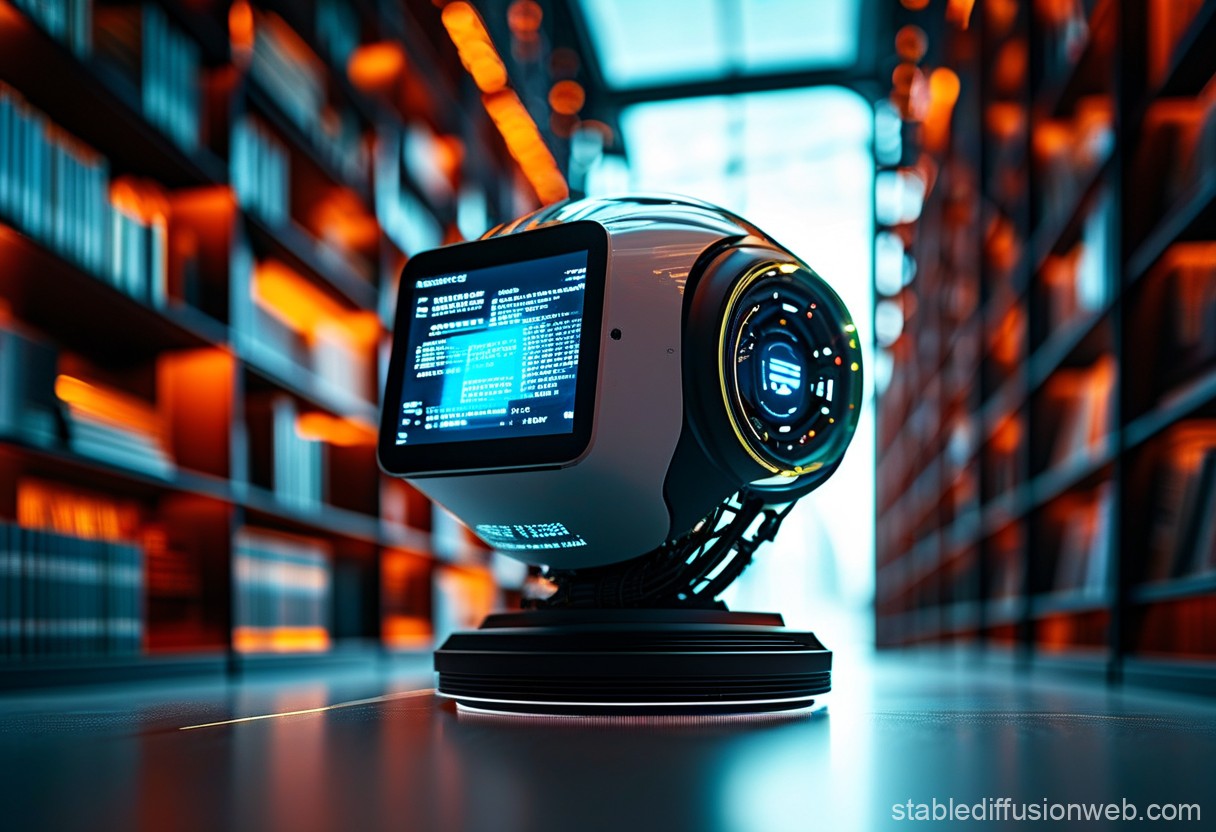OpenAI’s Media Manager: Where is it Now?
Last May, OpenAI announced its plans to create a tool aimed at allowing creators to dictate how their work could be included in — or excluded from — its AI training datasets. Dubbed Media Manager, the tool was described as a system that would identify copyrighted text, images, audio, and video while respecting creators’ preferences. However, seven months later, this anticipated feature remains unreleased.
Initially pitched as a comprehensive solution to address intellectual property (IP) concerns, Media Manager aimed to appease critics and possibly shield OpenAI from potential legal challenges. Despite these goals, insiders suggest the initiative was deprioritized internally.
“It wasn’t a focus,” said a former OpenAI employee. “I honestly can’t recall anyone actively working on it.”
Additionally, external collaborators reported no significant updates from OpenAI since earlier discussions about the tool. Further complicating matters, Fred von Lohmann, a member of OpenAI’s legal team and a key figure in Media Manager’s development, transitioned to a part-time consultant role last October.
Missed Deadlines and Unanswered Questions
OpenAI originally set a goal to release Media Manager by 2025. As the clock ticks, the company has yet to provide meaningful updates. The lack of transparency has left creators and critics questioning whether the initiative is still a priority.
A spokesperson for OpenAI confirmed in August that the tool was under development but did not respond to inquiries for further details in December.
AI Training and the IP Conundrum
AI systems like OpenAI’s models rely on vast datasets to learn patterns and generate predictions. However, this reliance has sparked controversy as these systems often replicate copyrighted content. For instance, OpenAI’s video generator, Sora, can unintentionally produce clips featuring logos or characters from popular media. Similarly, ChatGPT has occasionally replicated excerpts from copyrighted articles verbatim, raising concerns about misuse.
Creators argue that such practices exploit their intellectual property without permission. Many have taken legal action, filing class-action lawsuits against OpenAI for alleged unauthorized use of their works.
Efforts to Address Creator Concerns
While OpenAI provides tools like opt-out forms and web-crawling blockers for creators, critics argue these methods are insufficient. Media Manager was presented as a transformative upgrade to these efforts, promising a streamlined way for creators to assert control over their content.
However, experts remain skeptical about the tool’s potential effectiveness. Ed Newton-Rex, founder of Fairly Trained, a nonprofit advocating for creators’ rights in AI, expressed concerns that Media Manager might unfairly shift the burden onto creators.
“Most creators won’t even know this tool exists,” Newton-Rex explained. “It risks being weaponized as justification for widespread exploitation of creative works.”
Others have raised doubts about the practicality of such a system. Platforms like YouTube and TikTok already struggle to manage content ID systems at scale, making it unclear whether OpenAI could deliver on its promises.
A Question of Legal and Ethical Implications
Even if Media Manager launches, it may not resolve the complex legal issues surrounding AI and IP. Legal experts suggest that OpenAI’s efforts to implement such tools might serve more as public relations strategies than robust legal defenses.
“Copyright law doesn’t require creators to preemptively warn others against infringement,” said copyright attorney Evan Everist. “This tool might help OpenAI’s optics but won’t necessarily protect them from damages in court.”
The Road Ahead
OpenAI has taken steps to reduce potential IP misuse in its models, including the implementation of filters to prevent regurgitation of training data. Nevertheless, the company continues to face lawsuits and relies on fair use arguments to defend its practices.
Should courts ultimately side with OpenAI, the necessity of Media Manager could diminish. Until then, the debate over the tool’s utility and OpenAI’s commitment to respecting IP rights persists.
For creators and companies alike, Media Manager represents a larger reckoning over how AI should engage with the vast landscape of creative works — a balancing act between innovation and ethical responsibility.


